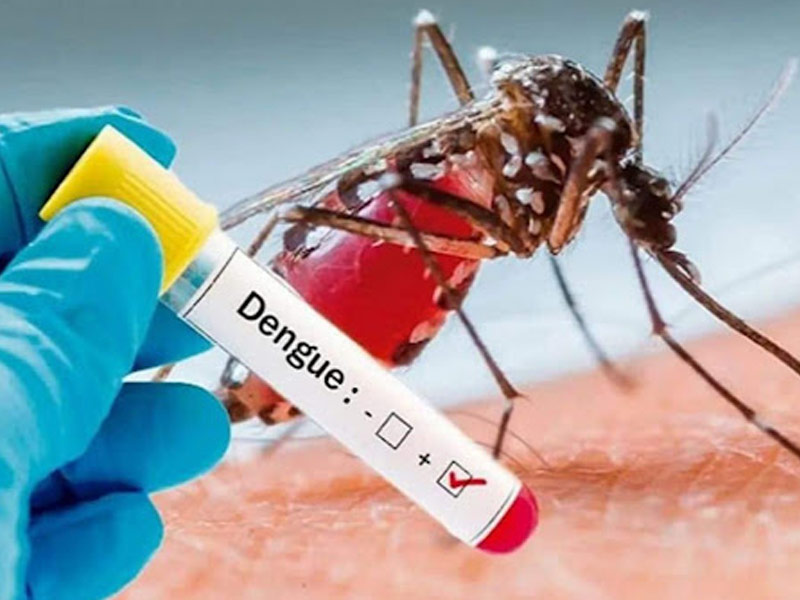- 28
- Aug
- 0

7 Key Warning Signs of Dengue Virus Infection (DENV)
As the monsoon season intensifies, the risk of mosquito-borne illnesses like dengue fever increases significantly. Dengue is a viral illness caused by the dengue virus (DENV), which spreads through the bite of infected Aedes mosquitoes. With recent reports showing a surge in cases, it’s important to recognize early symptoms and take timely action. Here’s a detailed overview of how dengue affects the body and the most common signs to look out for.
What Is Dengue Fever?
Dengue fever is a serious viral infection transmitted through the bite of infected Aedes aegypti or Aedes albopictus mosquitoes. It belongs to the Flavivirus family, which also includes viruses like Zika and West Nile. There are four strains of the dengue virus (DENV-1 to DENV-4), all capable of causing illness. Once inside the body, the virus targets immune cells and replicates rapidly, leading to symptoms like high fever, body pain, and fatigue.
How the Virus Spreads
The dengue virus spreads when a person is bitten by a mosquito carrying the virus. After entering through the skin, the virus begins to multiply within the immune system. The body’s natural response to fight the virus causes inflammation and fever. In some cases, this can result in more severe complications like internal bleeding or organ damage.
Top 7 Warning Signs of Dengue
1. High Fever
A sudden spike in body temperature — often as high as 104°F (40°C) — is one of the earliest and most noticeable symptoms. This fever may last for several days and is usually resistant to common medications.
2. Intense Headache
A strong and persistent headache, particularly around the forehead, is another classic symptom. The pain can become more severe over time and may not ease with usual treatments.
3. Eye Pain
Many dengue patients experience discomfort or pain behind the eyes. This symptom often worsens with eye movement and is commonly paired with headaches.
4. Muscle and Joint Pain
Often called “breakbone fever,” dengue can cause severe muscle cramps and joint pain. This aching can be so intense that normal movement becomes difficult.
5. Nausea and Vomiting
Digestive issues like nausea, vomiting, and stomach discomfort are common during the early stages. These symptoms can lead to dehydration if not managed properly.
6. Skin Rash
A red or blotchy rash may develop a few days after the fever begins. This rash can spread across the body and may or may not itch.
7. Bleeding Signs
In more advanced cases, mild to severe bleeding can occur. This may include nosebleeds, bleeding gums, or even blood in urine, stool, or vomit. These signs indicate the need for immediate medical care.
When to Seek Immediate Medical Help
In rare cases, dengue can lead to dangerous complications. Look out for:
- Sudden drop in platelet count
- Sharp abdominal pain
- Continuous vomiting
- Unexplained bleeding
- Fatigue or weakness
- Rapid or difficult breathing
- Low blood pressure
If any of these symptoms occur, medical attention should not be delayed.
Prevention Tips to Stay Safe
- Remove stagnant water around your home to prevent mosquito breeding.
- Stay hydrated if you’re experiencing any symptoms.
- Use mosquito repellents, especially during dawn and dusk.
- Wear long-sleeved clothing when outdoors.
- Use mosquito nets while sleeping.
- Install indoor repellents like coils or vaporizers.
- Visit a doctor if you experience any of the warning signs listed above.
Final Note
Always consult with your doctor or a healthcare professional before making any major changes to your diet, lifestyle, or medical routine. They can offer personalized advice based on your current health condition and medical history.
Note – If you have any health-related concerns, please call us at +91-9058577992 to receive free consultation from our experienced doctors. Thank you.

Leave a Comment
You must be logged in to post a comment.